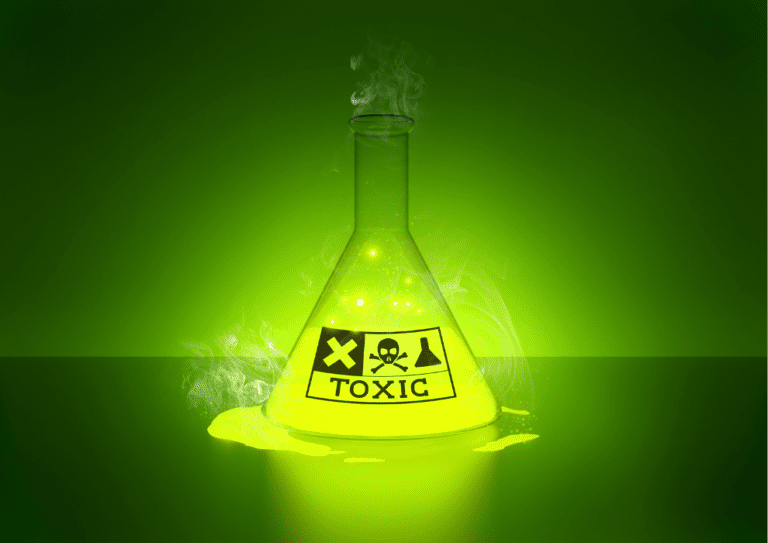Toxic positivity refers to the societal pressure to maintain a positive attitude and outlook at all times, even in the face of difficult or negative situations. It can be seen as a form of emotional suppression that denies individuals the opportunity to express negative emotions and work through them. While positivity can be helpful in promoting resilience and coping with stress, toxic positivity can have negative effects on individuals and organizations.
In the workplace, toxic positivity can manifest as a culture that values positivity over authenticity and transparency. Employees may feel pressure to hide their true feelings and emotions in order to fit into the positive culture. This can lead to a lack of communication and trust among team members, as well as a lack of empathy and understanding for those who are struggling.
A great way to kill Psychological Safety
Toxic positivity can have a significant impact on psychological safety in the workplace. Psychological safety refers to the sense of trust and mutual respect that employees feel within their work environment, allowing them to express their ideas, opinions, and concerns without fear of retaliation or negative consequences. When toxic positivity is present, it can create a culture that values positivity over authenticity and may lead to a lack of psychological safety.

Employees may feel pressured to maintain a positive outlook at all times, even when faced with difficult situations or negative emotions. This pressure can lead to employees feeling like they cannot express their true feelings, concerns, or ideas. This, in turn, can create a culture of fear, where employees feel like they are unable to voice their concerns without fear of retribution or retaliation. This lack of psychological safety can have significant consequences for an organization, including decreased productivity, increased turnover, and a loss of innovation and creativity.
Toxic positivity can also create unrealistic expectations and set employees up for failure. When the focus is solely on positivity, employees may feel pressured to always have a positive attitude, even when faced with challenges that are outside of their control. This can lead to feelings of guilt, shame, and inadequacy when they are unable to maintain a positive outlook.
Furthermore, toxic positivity can create a culture that is dismissive of legitimate concerns and issues. When positivity is valued above all else, negative feedback or criticism may be ignored or brushed aside, rather than addressed and resolved. This can lead to a lack of accountability and a failure to address problems, which can ultimately harm the organization.
Excess-positivity is anti-Agile
Agile is deeply rooted in empiricism, a philosophy that prioritizes learning through observation, experimentation, and evidence-based decision-making. This approach is crucial for agile teams, enabling them to adapt to changes quickly by reflecting on actual results rather than theoretical outcomes.
However, toxic positivity can significantly hinder this empirical foundation by promoting an overly optimistic view that dismisses or minimizes challenges and negative feedback. When teams are pressured to focus only on positive aspects, they might overlook valuable insights from failures and setbacks, which are essential for empirical learning and improvement. This denial of negative experiences not only limits the scope of empirical observation but also restricts the ability to adapt effectively, as it prevents teams from fully understanding and addressing the complexities of their projects.
Adopting Agile can sometimes lead to the appearance of having more problems than before. This is a good thing, as in Agile we want to uncover and surface issues as quickly as possible so that we can do something about them. This is one of the key reasons for transparency. Having a culture that dismisses bad news in anti-Agile at its’ core.
Time to get real
To ensure teams and organisations thrive on true empiricism and avoid the pitfalls of toxic positivity, it’s crucial to cultivate an environment where all feedback, including criticism and challenges, is valued and considered as a vital part of learning and growth.
Encourage teams to embrace a balanced perspective that recognizes the importance of addressing and learning from setbacks as much as celebrating successes.
Adopting practices like regular retrospectives, where feedback is openly discussed and used as a basis for iterative improvement, can help maintain this balance.
Let’s commit to fostering an inclusive and reflective Agile environment that truly benefits from empiricism by acknowledging the full spectrum of experiences and outcomes.


